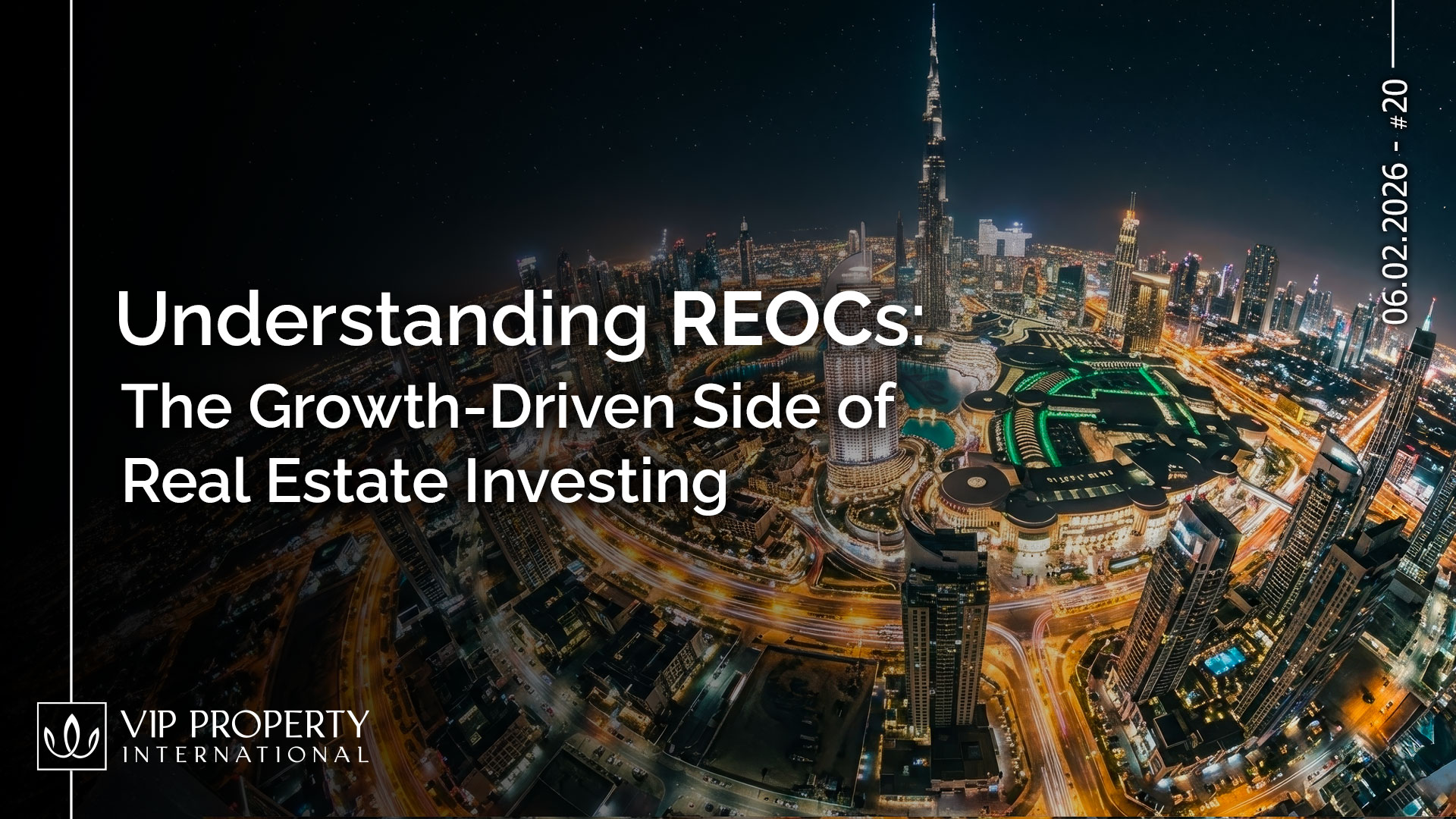Are myths about buying newly built homes holding you back? In fast-growing markets like Turkey and Europe, new constructions offer long-term value, customization, and strong ROI despite common misconceptions.
New builds aren’t always more expensive
They appreciate not depreciate in high-demand areas
Modern processes mean faster delivery
Buyer protections are stronger than ever
You can personalize your space
Whether you're an investor or future homeowner, it’s time to separate fact from fiction.
Discover the truth behind 5 biggest myths and why 2025 could be the perfect year to invest in a new-build property in Istanbul, Antalya, or beyond
P.S. Foreign buyers: Turkey offers full ownership rights, competitive financing, and high-growth potential. Let’s talk strategy.
When it comes to buying a newly built home, myths and misconceptions can often hold people back from making smart investment decisions. In Europe and especially Turkey, where the real estate market is evolving rapidly, these misunderstandings can cost potential buyers both money and opportunity.
In this post, we’ll explore the most common myths about buying new constructions and uncover what the data really says about Europe and Turkey’s fast-growing housing scene.
Myth 1: New Homes Are Always More Expensive
It’s easy to assume that newly built homes are more costly than existing ones after all, everything is brand-new, from the roof to the appliances. However, when you take a closer look, this myth doesn’t hold up.
According to the European Construction Sector Observatory (2025), the average cost per square meter of new builds in EU countries varies only 8–12% higher than that of existing homes. In many Turkish cities like Istanbul, Izmir, and Antalya, the gap is even smaller, sometimes as little as 5–7%.
Why? Because new properties often come with tax incentives, better energy efficiency, and far lower maintenance costs in the first decade. When you add up the monthly utility savings and the fact that you won’t be paying for major repairs anytime soon, a newly built home can actually be the smarter financial choice.
In short: While upfront costs may appear slightly higher, the long-term savings and property appreciation often outweigh the difference.
Myth 2: New Homes Lose Value Quickly
Some people believe that a brand-new home depreciates right after purchase, similar to a new car. But real estate doesn’t work like cars. A property’s value depends on location, demand, and surrounding development, not just age.
In countries such as Germany, Spain, and Turkey, research from Eurostat (2025) shows that new properties located in developing or high-demand zones have appreciated an average of 22% over the first five years. In Istanbul’s Basaksehir and Bodrum’s new coastal zones, appreciation has even surpassed 30%.
Developers also tend to build new homes near planned infrastructure, future schools, highways, and business centers which further strengthens long-term value.
Bottom line: New builds are not short-term assets; they’re often built in zones designed to grow and attract new investment.
Myth 3: New Construction Takes Too Long
Yes, building a new home from scratch can take time but buying a new build that’s already completed or near completion is an entirely different story.
In Europe, construction timelines have become much more efficient thanks to modular methods and government reforms. According to the European Commission’s Construction Outlook 2025, the average completion time for residential projects dropped by 18% compared to 2018.
Turkey has also modernized its building processes through new digital permit systems and smart-city initiatives. Many developers now deliver turn-key projects within 12–16 months.
Buyers who choose properties already in the final stage can move in almost immediately or start earning rental income without delay.
Tip: Always ask the developer for official construction reports and delivery guarantees. This gives you transparency and protection before signing any contract.
Myth 4: Buying a New Home Is Complicated and Risky
It can feel overwhelming to buy something that doesn’t have a long history especially in a foreign country. But with the right guidance, the process is safe, transparent, and rewarding.
European and Turkish property laws have evolved significantly in recent years to protect buyers. Titles are registered digitally, payment plans are secured through notaries, and foreign investors can verify all documents through certified online systems.
Still, finding the right project in the right area can be confusing if you’re new to the market. That’s where professional assistance becomes essential.
You can work with VIP Property, one of the leading real estate consulting firms in Turkey, to get trusted, step-by-step guidance through the buying process from legal checks and valuation reports to after-sale management. They help international buyers navigate every detail safely while ensuring their investment grows in value.
Reality: Buying a new home doesn’t have to be risky. It’s all about who guides you through the process.
Myth 5: You Don’t Have Any Design Flexibility
Many buyers assume that new homes are rigid that you can’t customize or personalize the interior. But in today’s market, developers are offering far more flexibility than ever before.
Across Europe and Turkey, buyers can often choose flooring, kitchen finishes, color schemes, and even smart-home systems before completion. In luxury segments, developers provide complete design consultations, allowing clients to shape their dream home from the ground up.
For example, in Turkey’s luxury coastal regions, it’s common for investors to select their villa’s design package Mediterranean minimalism, Bohemian coastal, or modern Scandinavian before the final handover.
In other words: You can personalize your new home to reflect your lifestyle while still enjoying all the benefits of new construction.
FAQs
1. Are new homes more expensive to insure?
No. In fact, they’re often cheaper to insure because they meet modern safety standards and are less likely to have structural or electrical issues.
2. Can foreigners buy new properties in Turkey or the EU easily?
Yes. Turkey allows property ownership for foreigners with minimal bureaucracy, and most European countries have straightforward investment pathways.
3. What should I check before buying a new home?
Always review:
● Building permit documents
● Developer reputation
● Title deed status (TAPU in Turkey)
● Infrastructure access
● Energy efficiency certificate
4. Is financing available for foreigners?
Yes. Many Turkish and European banks offer mortgage solutions for international buyers with stable income documentation.
Final Thought:
Buying a new home isn’t just a lifestyle upgrade; it’s a forward-looking investment. The key is to separate myth from reality, do your research, and work with professionals who know the market inside out. With the right guidance, your next move could be your smartest one yet.
Resources & References
● European Construction Sector Observatory, Housing and Urban Development Report 2025
● Eurostat, EU Residential Property Price Index Q1–2025
● Turkish Statistical Institute (TÜİK), Real Estate Market Review 2025
● Ministry of Environment, Urbanization, and Climate Change of Turkey, Investment Opportunities Report 2024–2025
VIP Property Official Website — vipproperty.com.tr


.jpg_1770995019.jpg)
.jpg_1770994956.jpg)


.jpg_1769171903.jpg)
